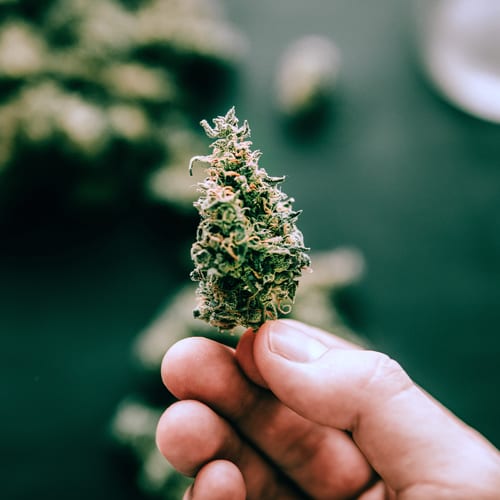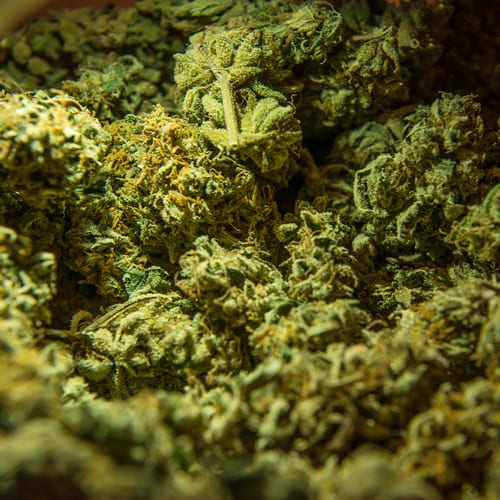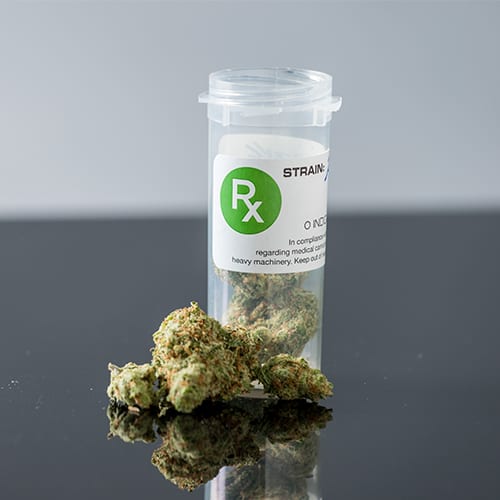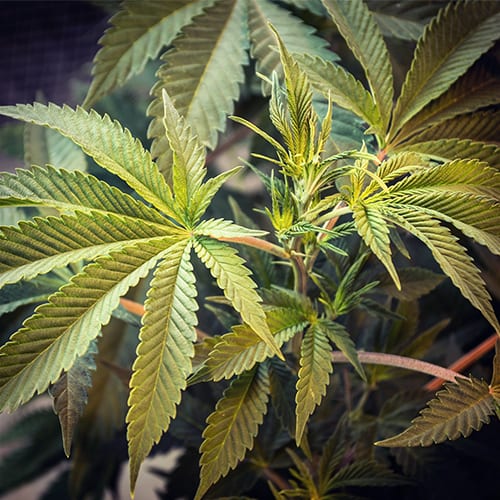
Cannabis has been used for medicinal purposes for thousands of years, but it wasn’t until recently that we started to learn how cannabis’ active compounds interact with our body. Our bodies have evolved to naturally produce similar chemical compounds to the ones found in cannabis. These naturally-produced chemical compounds then bind to our endocannabinoid system which helps regulate memory, appetite, immune system, sleep, thermoregulation, and much more.
What is the Endocannabinoid System?
The endocannabinoid system in our bodies is a large network of cell receptors that regulate our biological responses and maintain “homeostasis.” Essentially, the system keeps our body’s internal processes in order, despite external stimuli. Any flaws in this complex and interdependent system can lead to problems in our central, peripheral, circulatory, gastrointestinal, and immune system.
Our endocannabinoid system’s cell receptors work synergistically with naturally-produced cannabinoids that elicit responses in our body to regulate biological mechanisms and maintain optimal health. These cannabinoids are known as “agonists.” Agonists bind to our cell receptors and instruct our body to perform a specific biological action.
The two main naturally-producing cannabinoids are called anandamide and 2-AG. They bind to our two main cannabinoid receptors, CB1 and CB2. CB1 can be primarily found in our central nervous system, while CB2 is found in our immune, gastrointestinal, and peripheral nervous system.
How Does Cannabis Affect the Endocannabinoid System?
Cannabis is made of hundreds of active compounds, but the two main ones are tetrahydrocannabinol (THC) and cannabidiol (CBD). When these cannabinoids are introduced into our body, they mimic the effects of our naturally-produced cannabinoids in order to produce a positive response from our endocannabinoid system. Cannabis can even improve our body’s ability to take in more of these cannabinoids by building more cell receptors.
The CBD in cannabis prevents certain enzymes from removing excess cannabinoids in our system, enabling us to reap the therapeutic benefits of cannabis even more. People generally get their cannabinoids from healthy fats like Omega-3’s which are found seafood like salmons and sardines, but with cannabis there is a new source of cannabinoids
Lesser-known cannabinoids are currently being researched with enormous promise. Cannabigerol (CBG) is being studied as an antibiotic and antidepressant. Cannabinol (CBN) is being studied as a sedative that produces very minimal psychotic effects.
Essentially, cannabis can alleviate any symptoms related to an endocannabinoid deficiency. Many disorders like fibromyalgia and irritable bowel syndrome are caused by endocannabinoid deficiencies. Cannabis for IBS patients can help their quality of life simply by restoring balance throughout our bodies complex biological systems. There is a growing amount of evidence that suggests that organic cannabis can effectively treat a variety of human diseases, despite the federal government’s stance on cannabis.
Source- (Green Door West. “The Connection Between Cannabis & Our Endocannabinoid System.” GreenDoorWest.com, GreenDoorWest.com, 11 Apr. 2017, greendoorwest.com/blogs/news/the-connection-between-cannabis-our-endocannabinoid-system.)





